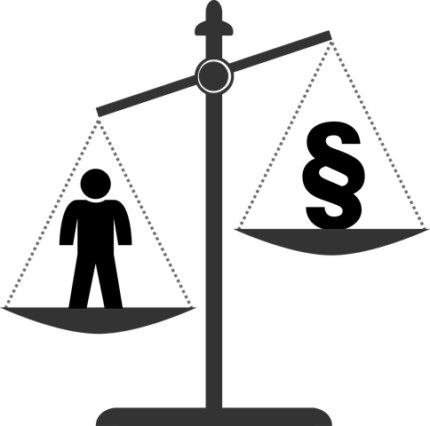Deidentified Health Info under HIPAA: Deconstructing Dinerstein v. Google, LLC
Image Credit: DarkoStojanovic from Pixabay.
HIPAA Lawsuit
Privacy Compliance
Health data is an increasingly fraught area of privacy. Outside of sectoral health privacy laws like HIPAA, many regulations such as the GDPR and the California Privacy Rights Act (CPRA) rightly treat health or biometric information as a sensitive or special category of data deserving of more protections than many other types of data.
The amount of electronic heath data collected by companies is also increasing at a staggering rate. DNA testing kits and wearable fitness trackers are everywhere, and telehealth has proliferated in the wake of COVID-19.
Healthcare data controllers are just as likely to be big tech companies as opposed to traditional covered entities. Consequently, courts now need to consider a variety of privacy frameworks, not just HIPAA and HITECH, when they adjudicate healthcare claims.
In September 2020, the U.S. District Court for the Northern District of Illinois dismissed a lawsuit brought against the University of Chicago and the University of Chicago Medical Center (collectively referred to as “the University”) and Google for allegations that the University improperly disclosed healthcare data to Google as part of a research partnership. Dinerstein v. Google, LLC, No. 19-cv-04311 (N.D. Ill. 2020).
Even though the University and Google were able to shake off this lawsuit, this case touched upon several interesting questions at the intersection of HIPAA and other privacy laws:
Continue Reading Deidentified Health Info under HIPAA: Deconstructing Dinerstein v. Google, LLC


